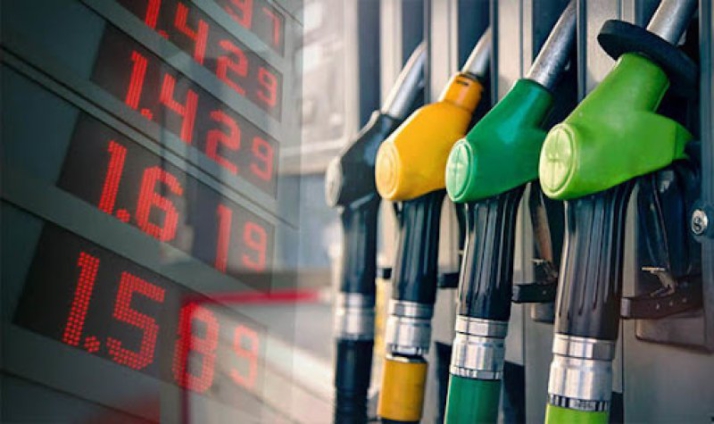Executive Director of the Institute of Energy Security (IES), Nana Amoasi VII, says deregulating the petroleum industry is not an answer to the skyrocketing fuel prices.
According to him, deregulation is not responsible for the fuel price hikes as the situation is a direct result of the poor performance of the cedi against the dollar and also global market prices.
He noted that tampering with the existing deregulation policy now would negatively affect.
“The deregulation is to ensure that there is full cost recovery and that government is not paying any subsidies that will go and compound the energy sector debts.
"And so the deregulation is to ensure efficiency for all the players on the market and also to ensure that, traders or the distributors and the marketers get their fair share of the margin on each product and also to ensure that we have some form of supply stability and so it’s not something that we’ll push for the deregulation to go.
“It is something that has come to stay and it is helping very well. For the past six years, the BDCs and the marketers have been the ones that have held us and ensured that we have a consistent supply of products on the market because the system or the era of subsidies is gone and government owes them less or owes them nothing at all and so they can put more on the market.”
Nana Amoasi VII stressed that deregulation should not be blamed for the fuel price hikes stating that the deregulated market has rather contributed to a more stable petroleum economy since its inception in 2015.
He has rather advised that government properly manage the nation’s forex and find a solution to the depreciating cedi to ease the situation.
“Nobody should blame deregulation for the price increase we are seeing at the pump because in May 2015 when deregulation kicked in up to the end of 2016, fuel price was almost stable.
"When deregulation started, Goil was selling at around ¢3.4 per litre. At the end of 2016, it was selling for ¢3.70 per litre and so we cannot blame deregulation for what we are seeing currently.
“We should rather be concerned about our forex and be concerned about the international prices and how we would want to mitigate it. Is it through BOST? Is it through TOR? Or through the price stabilization and recovery levy? This is where we should be concerned with,” he said.
Latest Stories
-
Western Region: NDC youth wing embarks on phase 2 of ‘retail campaign’
10 mins -
Action Chapel International holds annual Impact Convention in November
10 mins -
Jana Foundation urges young women to take up leadership roles
15 mins -
All set for Joy FM Prayer Summit for Peace 2024
26 mins -
Managing Prediabetes with the Help of a Dietitian
45 mins -
Joy FM listeners criticise Achiase Commanding Officer’s election comment
1 hour -
Legal Aid Commission employees threaten strike over poor working conditions
1 hour -
Ghana ranked 7th globally as biggest beneficiary of World Bank funding
1 hour -
IMF board to disburse $360m to Ghana in December after third review
1 hour -
Former Bono Regional NPP organiser donates 13 motorbikes to 12 constituencies
1 hour -
Securities industry: Assets under management estimated at GH¢81.7bn in quarter 3, 2024
2 hours -
Gold Fields Ghana Foundation challenges graduates to maximise benefits of community apprenticeship programme
3 hours -
GBC accuses Deputy Information Minister Sylvester Tetteh of demolishing its bungalow illegally
3 hours -
Boost for education as government commissions 80 projects
3 hours -
NAPO commissions library to honour Atta-Mills’ memory
4 hours

